Unaccompanied minors face unique challenges in Florida, from legal implications to common issues they encounter.
This article explores the importance of addressing these issues and provides steps to help these vulnerable children.
From reporting the situation to seeking legal assistance and reuniting with family or finding a foster home, there are resources and support available.
Communities can also play a vital role in educating, volunteering, and providing mentorship to make a difference in the lives of unaccompanied minors.
Key Takeaways:
- Unaccompanied minors are children who are not accompanied by a parent or legal guardian and are at risk of various issues in Florida.
- It is important to address unaccompanied minor issues in Florida due to legal implications and common issues faced by these children.
- Steps to address unaccompanied minor issues include reporting to authorities, providing shelter, seeking legal assistance, and reuniting with family or finding a foster home.
What are the Steps to Address Unaccompanied Minor Issues in Florida?
Addressing the issues faced by unaccompanied minors in Florida involves several essential steps. This includes reporting to authorities such as the Office of Refugee and Resettlement (ORR) and the Department of Homeland Security, as mandated by the Homeland Security Act.
It also involves a series of coordinated efforts, such as providing shelter, seeking legal assistance, and working towards family reunification or placement in a foster home.
1. Reporting the Situation to Authorities
The first critical step in addressing the situation of unaccompanied minors is reporting to authorities such as Customs and Border Protection (CBP), Immigration and Customs Enforcement (ICE), and the Department of Homeland Security to ensure the children are placed under ORR custody.
Upon reporting the minors to these authorities, a specific set of criteria and protocols are followed to ensure a smooth transfer of custody. This involves verifying the minors’ identities, conducting initial health screenings, and documenting any relevant information about their journey or situation.
Once the minors are under ORR custody, immediate actions are taken to provide them with basic necessities such as shelter, food, and medical care. Social workers and case managers work closely with the minors to assess their needs and develop a plan for their care and potential reunification with family or sponsors.
2. Providing Shelter and Basic Needs
Once unaccompanied minors enter the custody of the Office of Refugee and Resettlement, they are placed in state-licensed shelters or influx care facilities managed by the Department of Health and Human Services (HHS), where their basic needs are met.
These shelters take on various forms, including group homes, foster care placements, and residential treatment centers, each designed to cater to the specific requirements of the children. The services provided encompass medical care, education, counseling, legal aid, and recreational activities to ensure a comprehensive approach to their well-being.
The HHS plays a crucial role in supervising the care standards in these facilities, conducting regular inspections to oversee compliance and guarantee the safety and welfare of the children. Despite their operational capabilities, these shelters encounter challenges such as overcrowding, understaffing, and the necessity for specialized services for children with intricate needs.
3. Seeking Legal Assistance
Securing legal assistance for unaccompanied minors is essential for navigating the intricate immigration system and obtaining immigration relief through pathways such as Special Immigrant Juvenile Status, asylum, or U and T nonimmigrant status.
One of the primary benefits of the children’s legal program is that it ensures these vulnerable individuals have access to experienced attorneys who can advocate on their behalf. This program plays a vital role in safeguarding the rights of unaccompanied minors and helping them understand their legal options.
Special Immigrant Juvenile Status, for instance, provides a pathway to lawful permanent residence for children who have been abandoned, abused, or neglected. Similarly, asylum offers protection to those who have suffered persecution in their home country due to reasons such as race, religion, or political beliefs.
4. Reuniting with Family or Finding a Foster Home
One of the final steps in addressing the issues faced by unaccompanied minors is to either reunite them with family members or place them in a foster home through the guidance and support of sponsors and the Department of Children and Families.
Family reunification involves a complex process of gathering necessary documentation, conducting interviews with potential sponsors and family members, and ensuring the safety and wellbeing of the minor.
For those who cannot be reunited with family, finding suitable foster homes becomes crucial. Sponsors play a pivotal role by providing financial and emotional support to facilitate the transition.
The Department of Children and Families oversees these placements, ensuring compliance with legal requirements and ongoing support. Case studies have shown improved outcomes when reunification is successful, but challenges such as language barriers, trauma, and legal complexities exist.
What Resources are Available for Unaccompanied Minors in Florida?
Unaccompanied minors in Florida have access to a variety of resources, such as legal services, non-profit organizations, government programs, and support groups that are aimed at assisting them through their challenging journey.
1. Non-Profit Organizations
Non-profit organizations like AI Justice and His House Children’s Home, which are accredited by the Council of Accreditation, are important for providing essential services and support to unaccompanied minors in Florida.
AI Justice assists unaccompanied minors in navigating the complicated immigration system to obtain legal status and protection by offering legal aid and advocacy.
His House Children’s Home creates a safe and nurturing environment for children in need, ensuring they receive proper care and education.
Accreditation from the Council of Accreditation confirms that these organizations meet high standards in service delivery, transparency, and accountability. Some success stories include family reunification, educational accomplishments, and enhanced mental well-being among the children they assist, demonstrating the positive impact of community support on their operations.
2. Government Programs
Government programs, particularly those managed by the Office of Refugee and Resettlement (ORR) and the Department of Health and Human Services, operate under federal law to ensure the welfare of unaccompanied minors.
These programs aim to provide a safe and supportive environment for minors who have entered the country without a parent or legal guardian. By offering shelter, medical care, counseling, and educational support, these initiatives address the unique needs of unaccompanied minors.
The coordination between various government agencies such as ORR, HHS, Customs and Border Protection, and the Department of Homeland Security plays a crucial role in ensuring that these minors receive the necessary care and protection. The collaboration between these agencies helps streamline processes and ensures that each minor is given proper attention and assistance.
3. Support Groups
Support groups provide legal services and emotional support to unaccompanied minors, helping them cope with trauma and integrate into the community.
These groups offer a safe space where young individuals can share experiences, fears, and hopes with peers who understand their challenges. Whether it’s through group therapy sessions, art workshops, or mentorship programs, each support group tailors its approach to suit the unique needs of the minors it serves.
By fostering a sense of belonging and understanding, these groups play a crucial role in building resilience and self-esteem among vulnerable youth. The strong sense of community within these support networks helps minors feel less isolated and more enableed to navigate the complexities of their situation.
How Can Communities Help Address Unaccompanied Minor Issues in Florida?
Communities have the potential to make a meaningful impact in addressing the challenges experienced by unaccompanied minors in Florida through the enhancement of public benefits, the promotion of community involvement and education, as well as by encouraging volunteering and donations to support these vulnerable children.
1. Educating and Raising Awareness
Raising awareness about the challenges faced by unaccompanied minors can be effectively achieved through public awareness campaigns, schools, and community centers.
Public awareness campaigns like the ‘Families Belong Together‘ movement and the ‘I am a Child‘ initiative have successfully shed light on the difficulties experienced by unaccompanied minors.
Educational institutions contribute to spreading awareness by including such topics in their curriculum and organizing awareness events. Community centers act as central hubs for information and support, conducting workshops, seminars, and offering resources to educate individuals further on the complexities of unaccompanied minor situations.
2. Volunteering and Donating to Organizations
Volunteering time and donating resources to non-profit organizations are effective ways for communities to demonstrate their support and engagement in addressing the needs of unaccompanied minors.
Volunteers can provide valuable mentorship and companionship for these vulnerable youth, assisting them in navigating the challenges they encounter.
Donations are essential in providing resources like food, clothing, and school supplies. Non-profit organizations often depend on community support to finance programs that offer mental health services, legal assistance, and educational opportunities to unaccompanied minors.
Community involvement can have a significant impact by establishing a network of care and resources that greatly benefit these children.
3. Providing Support and Mentorship for Unaccompanied Minors
Offering support and mentorship to unaccompanied minors through dedicated programs can significantly assist their integration into the community and aid them in navigating their new environment.
These mentorship programs provide a structured framework where experienced individuals guide and support these young individuals, offering them valuable advice and fostering a sense of belonging. By connecting with a mentor who can relate to their experiences, unaccompanied minors can gain confidence and essential life skills.
Successful mentorship stories often highlight the transformative impact of these relationships, demonstrating how they can enable minors to overcome challenges, pursue their goals, and build a brighter future.
Community support plays a crucial role in these programs, providing a network of resources and encouragement to help these youth thrive despite their unique circumstances.
Frequently Asked Questions
What laws or regulations govern unaccompanied minors in Florida?
Florida has specific laws and regulations in place to protect unaccompanied minors, including the Unaccompanied Minor Act and the Safe Harbor Act. These laws outline the responsibilities of caregivers and law enforcement when dealing with unaccompanied minors.
What should I do if I encounter an unaccompanied minor in Florida?
If you see an unaccompanied minor in Florida, it is important to first ensure their safety and well-being. If the child appears to be in danger or needs immediate medical attention, contact the police or emergency services. Otherwise, try to locate a responsible adult or contact the Florida Department of Children and Families for assistance.
Can I provide temporary care for an unaccompanied minor in Florida?
Yes, you can provide temporary care for an unaccompanied minor in Florida with the consent of the child’s parent or legal guardian. This can include providing a safe place to stay, food, and clothing. It is important to contact the Florida Department of Children and Families for guidance and to ensure compliance with the law.
What happens to an unaccompanied minor once they are in the care of the Florida Department of Children and Families?
The Florida Department of Children and Families will work to locate the child’s parents or legal guardian and reunite them with the child. If this is not possible, the Department will determine the best course of action for the child’s well-being, which may include placement in foster care or other alternative living arrangements.
Are there any resources or support available for unaccompanied minors in Florida?
Yes, the Florida Department of Children and Families provides support and resources for unaccompanied minors, such as housing and educational assistance. Additionally, there are non-profit organizations and community programs that offer support to unaccompanied minors in Florida.

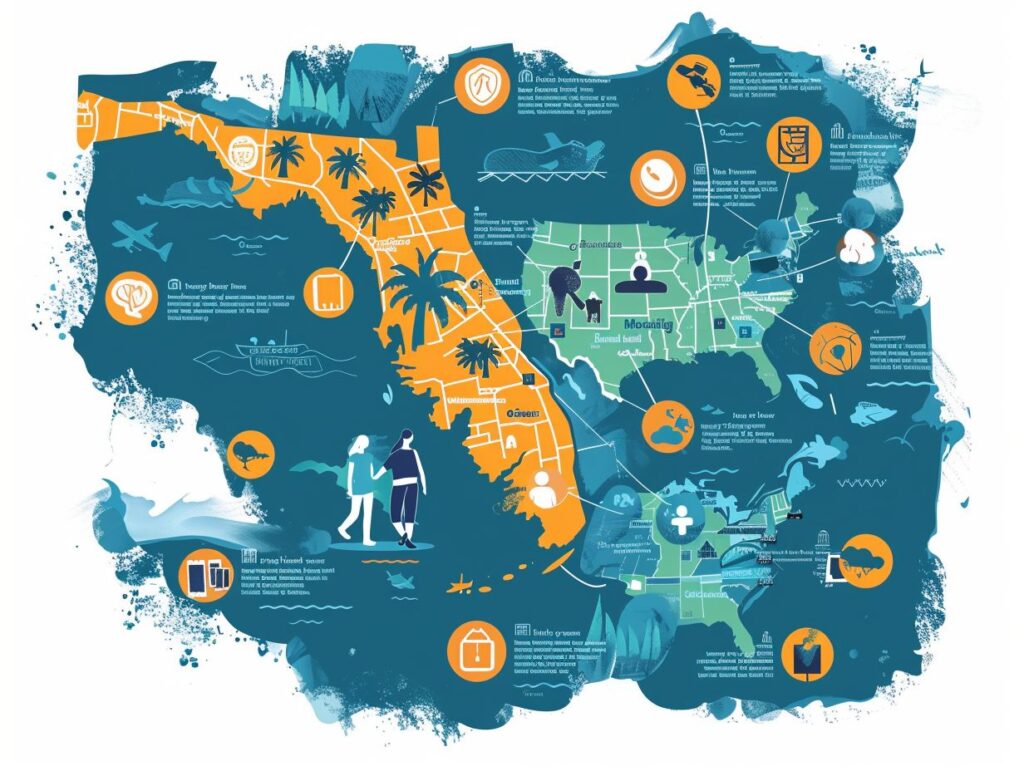
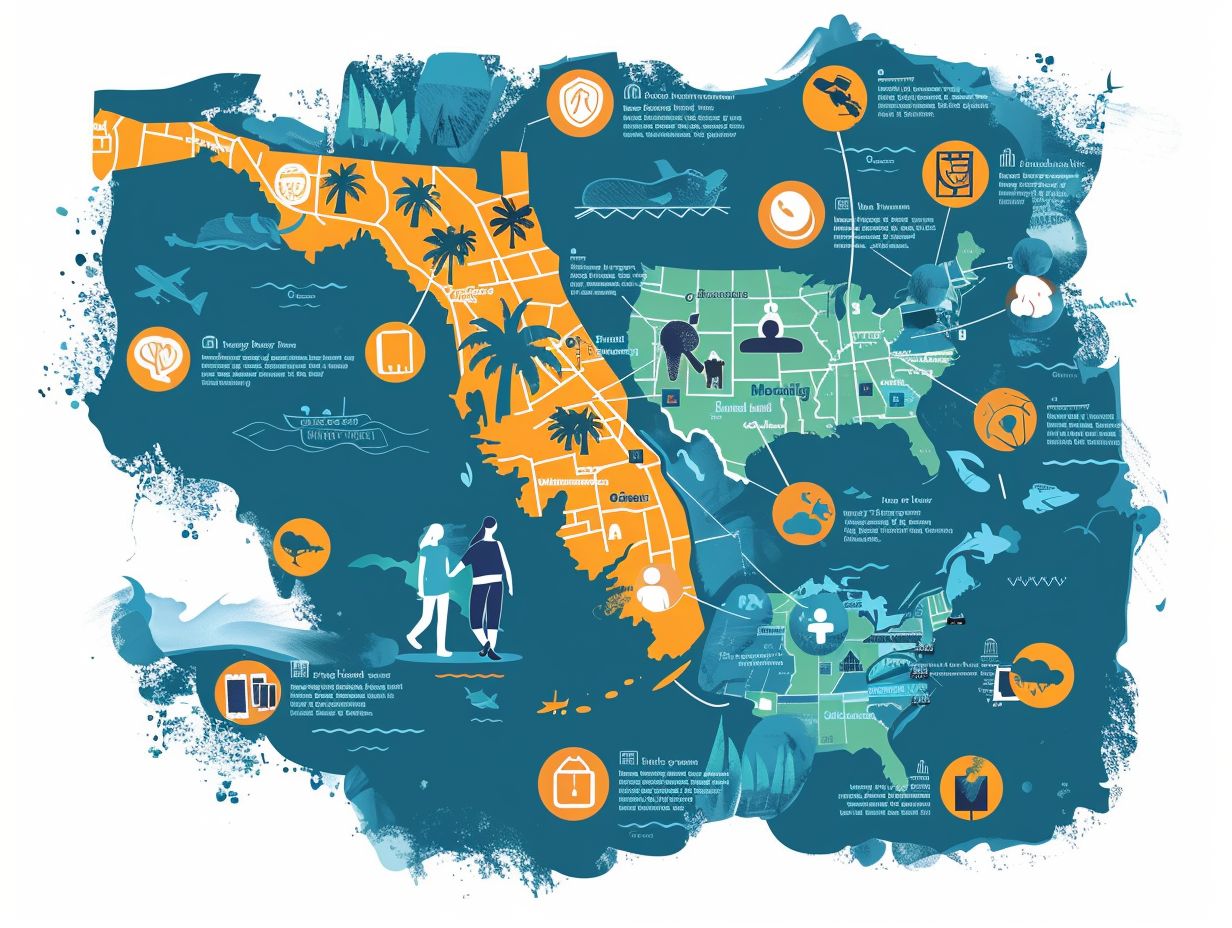
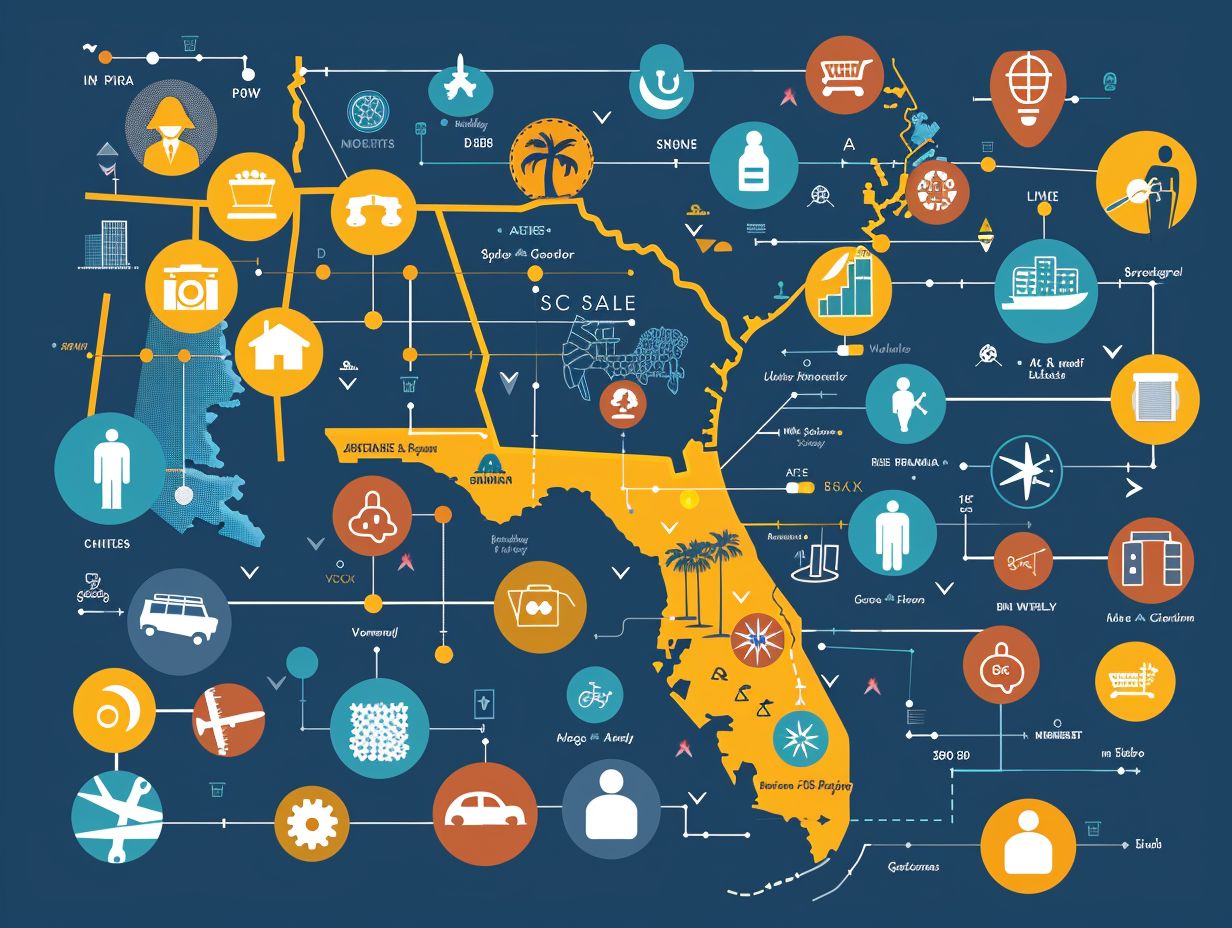
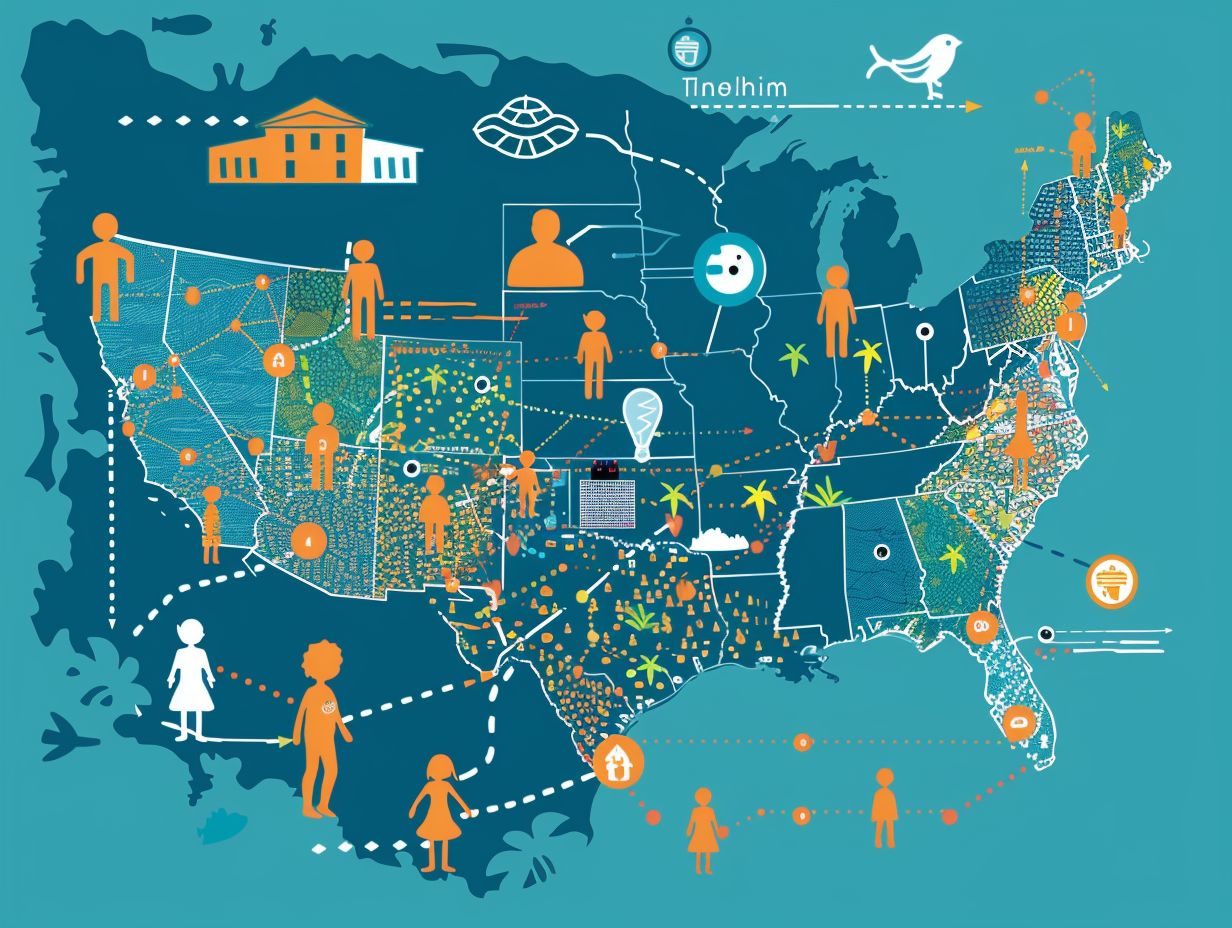
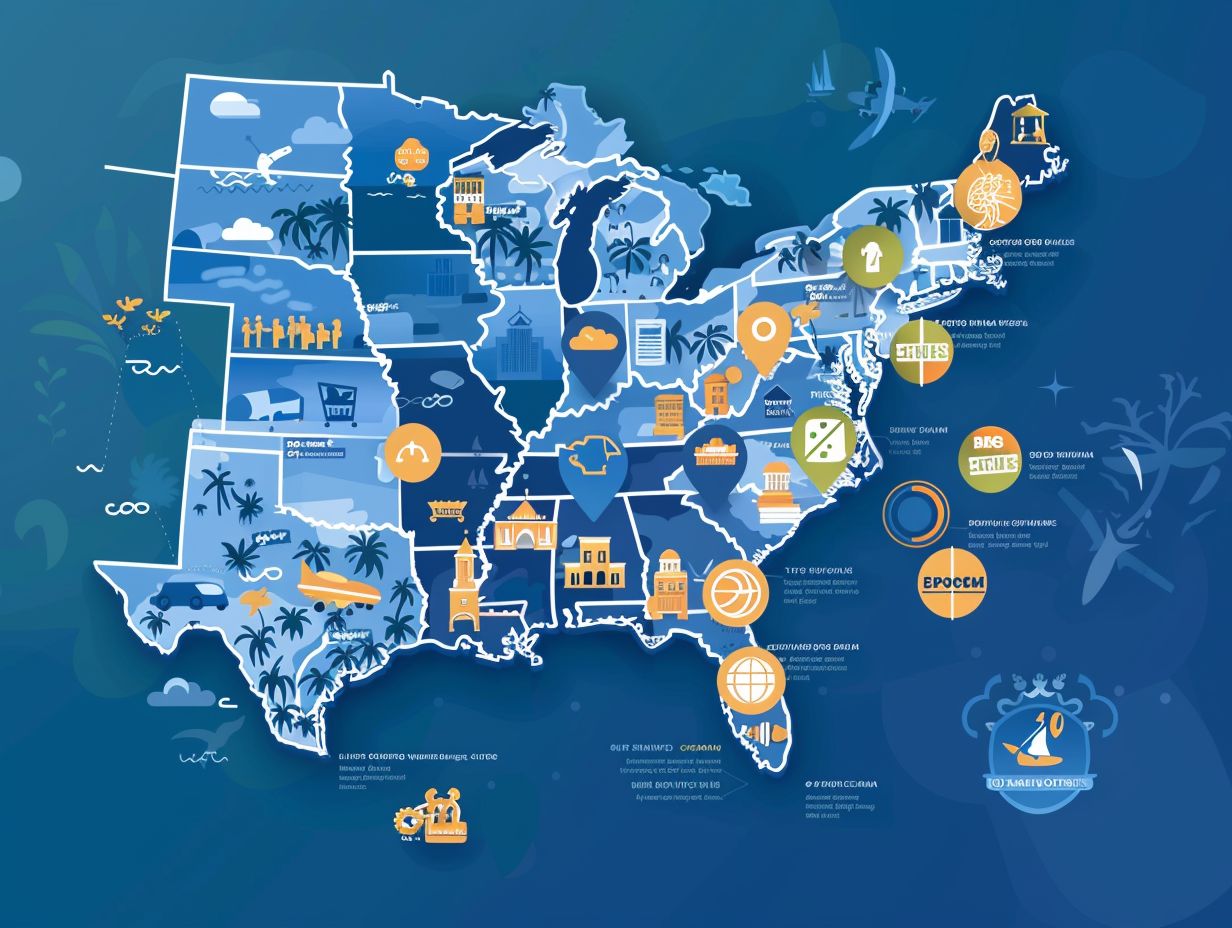











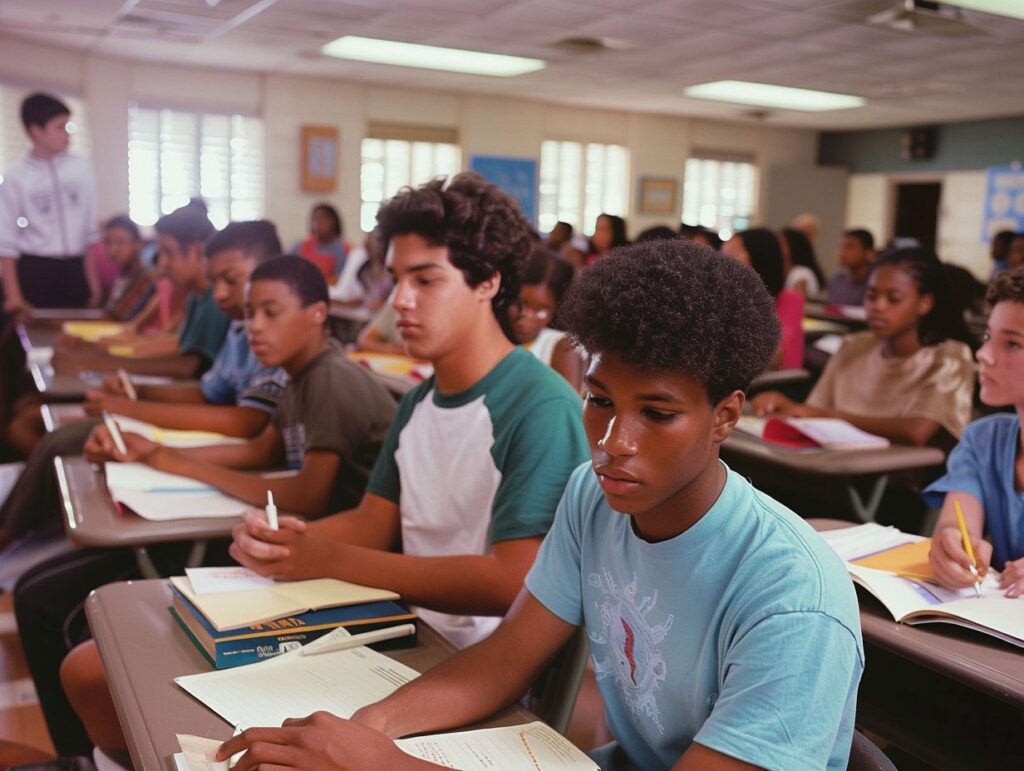









Rate this article:
Average rating 0 / 5. Vote count: 0
No votes so far! Be the first to rate this post.
No Comments yet!